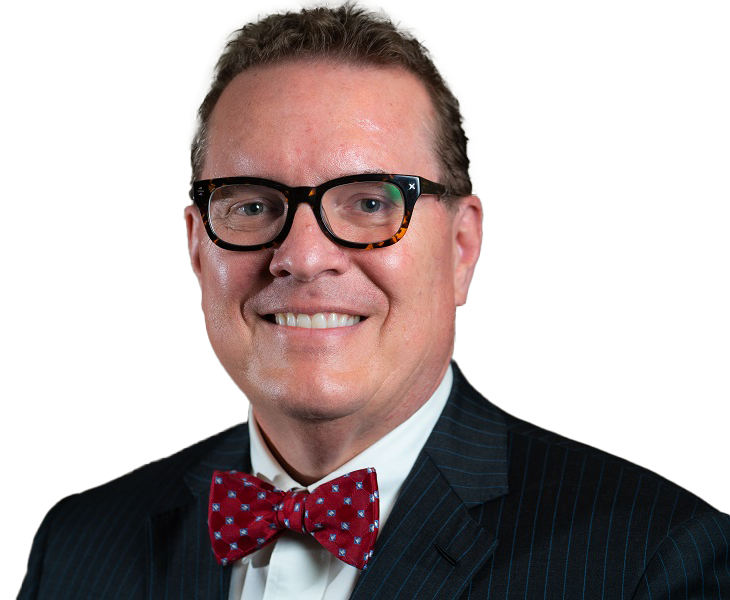Applying for Social Security Disability Insurance can be a lengthy, stressful process, particularly when the financial assistance is desperately needed by an applicant. However, the process often involves several stages of review. The initial application and the reconsideration appeal, the first two stages of the process after a West Virginia claimant files an application, are both decided inside the Social Security Administration by disability examiners.
Disability examiners work directly from the files given and gather information from the medical sources provided. They cannot ask questions of the applicant or inquire further about their work history or other issues that may not be fully addressed in the benefits application. In addition, they typically prioritize the medical testimony and assessment of in-house physicians over those of the applicant’s own doctors, even though these medical consultants have never examined or treated the individual applying for benefits. Therefore, it is unsurprising that disability examiners have a higher rate of application denials than administrative law judges.
Administrative law judges preside over the third stage of an application for SSDI benefits, the disability hearing. An applicant can only receive a disability hearing after they have been denied at the two prior stages. Here, they can supplement their records with additional medical evidence and provide detailed evidence from their own treating physician. They can also directly answer questions about their work history and medical experience.
People who attend a disability hearing before a judge have a higher likelihood of a successful approval for benefits. This is especially true of those who attend their hearings with representation. A disability lawyer can help an applicant prepare their materials, develop an application and gather the medical testimony and evidence that can be crucial in achieving a positive outcome.

